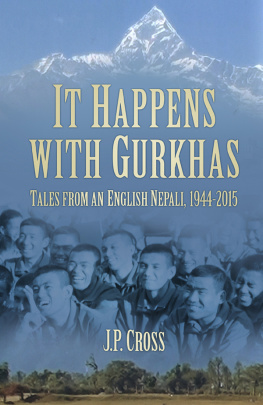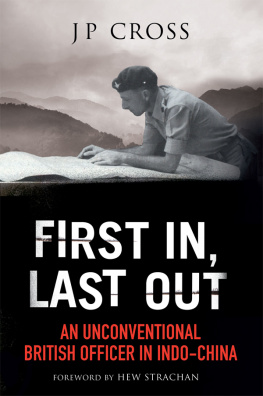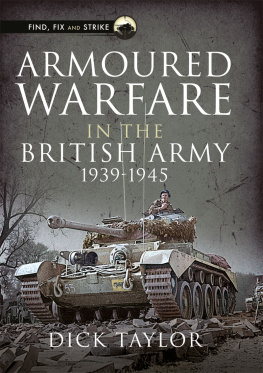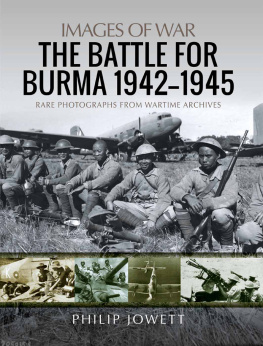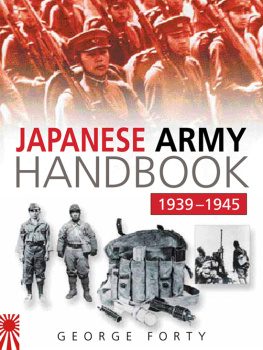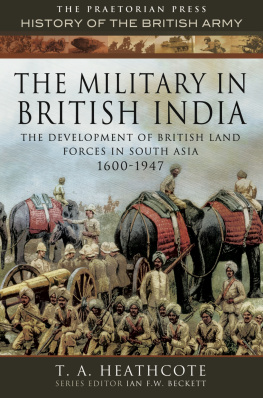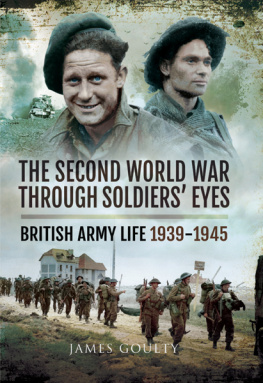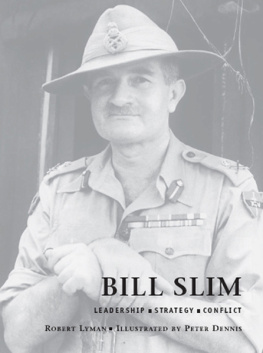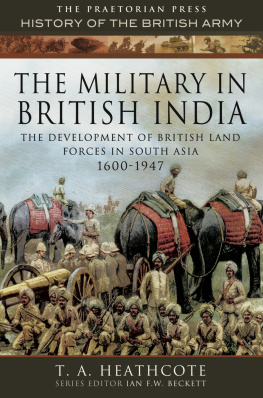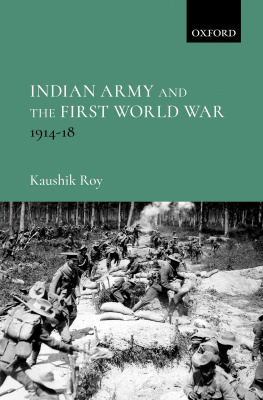IT HAPPENS
WITH GURKHAS
IT HAPPENS
WITH GURKHAS
TALES FROM AN ENGLISH NEPALI, 19442015
J.P. CROSS

I dedicate this book to my Gurkha comrades in arms in war and near war, near peace and in peace, for more than seventy years. Thank you for your comradeship, steadfastness and life-saving devotion to duty, all of which I have tried to reciprocate. You have made my life fuller and more purposeful than has been the lot of many, many others and of this I am humbly and proudly aware. Thank you.
Cover illustrations: Front: A group of Gurkha trainees; Rear: A parliamentary delegation visits the Jungle Warfare School in 1969.
First published in 2016
The History Press
The Mill, Brimscombe Port
Stroud, Gloucestershire, GL5 2QG
www.thehistorypress.co.uk
This ebook edition first published in 2016
All rights reserved
J.P. Cross, 2016
The right of J.P. Cross to be identified as the Author of this work has been asserted in accordance with the Copyright, Designs and Patents Act 1988.
This ebook is copyright material and must not be copied, reproduced, transferred, distributed, leased, licensed or publicly performed or used in any way except as specifically permitted in writing by the publishers, as allowed under the terms and conditions under which it was purchased or as strictly permitted by applicable copyright law. Any unauthorised distribution or use of this text may be a direct infringement of the authors and publishers rights, and those responsible may be liable in law accordingly.
EPUB ISBN 978 0 7509 6930 7
Original typesetting by The History Press
eBook converted by Geethik Technologies
Contents
Foreword
The Gurkhas are different from other regiments because their interests and backgrounds are so diverse. They must acquire fluency in another language; they need to engage with and understand other religious faiths; and they have to embrace and admire a different culture. No British Gurkha officer has immersed himself more deeply in these opportunities than John Cross.
Nepal requires British soldiers who serve in the Gurkhas and wish to become Nepali citizens to renounce their British citizenship. John Cross is only the second to have completed the course, and the first man and first former British officer to have done so. Today he lives in Pokhara, in western Nepal, adjacent to the British Gurkhas selection centre, where newly commissioned British Gurkha officers come to learn the language and culture of the soldiers they will command. John Cross lectures to them every year. He inspires them with the love of Nepali culture that has shaped his life, while not losing sight of their roles as soldiers.
The stories in this book reveal a love of language and a sense of humour which pricks pomposity: Gurkhas are good at that. For them, and for those who know and love Nepal, John Cross is a legend in his own lifetime.
Sir Hew Strachan
Professor of International Relations
University of St Andrews
Introduction
In the introduction to my first book of articles, Gurkha Tales, I wrote that Gurkhas, certainly the older men and especially former soldiers, love telling stories. The habit of capping stories is not confined to gnarled fingers grasping pint pots of ale in English pubs: one-time Gurkha warriors also manage to cap them just as well, if not better. As my father told me, Most stories have a cocked hat and a sword.
In this second book of articles, reminiscences, essays call them what you will I have repeated the mixture as before, my limit being the amount of words allowed by the publishers. One aspect that troubles me is that many of the stories, far too many some will deem, contain me more than any modest person should allow. However, my only excuse, were one needed, is that without me those stories would not have happened at all. So, warts and all, here they are.
The one major difference in Nepal between the time frame in which I produced Gurkha Tales and this book is that many villages that were thriving communities have had major population reductions. The twelve-year-long insurgency problem that drove many people from their traditional village habitats, the move to the towns for better education for children and permission for Gurkha ex-servicemen to live on a permanent basis in Britain are the three main reasons. I have kept the stories in this book from touching on any of these three points; likewise the massive earthquakes that took place in 2015 play no part.
One personal change to me has been the granting of Nepalese citizenship, a process that took thirty-two years, six months and two days. Rudyard Kiplings words about not trying to hurry the East stood me in good stead and patience was rewarded. The story of becoming only the second English Nepali is in the book: the first Briton, some fifty years ago, was an English lady, Ms Eileen Lodge, who founded the leprosarium, Green Pastures, not far from my house. Since then the granting of citizenship for some types of Nepalis as well as for foreigners has become exquisitely harder. Since becoming a Nepali, however, in spite of the staggering amount of joy and happiness shown even by those with whom I had never previously spoken, no more stories have eventuated.
The year 2015 was the 200th year of BritishGurkha military together-ness, as soldiers of the Honorable East India Company from 1815, then, from 1858 until 1947, the (pre-partition) Indian Army there was never any military formation named the BritishIndian Army and, since 1948, the British Army. In April I was the only pre-partition ex-member at the 200th anniversary of one of the three original regiments of 1815, the 1st Battalion of the 1st Gorkha Rifles. A description also appears in this book.
I shall be 91 when this book is published. Birthdays are not traditionally observed by hill folk most not knowing when the appointed day falls and I have told my surrogate family not to bother about any of mine till I am 100! Even at 90 I have had to wear tunnel vision spectacles for more than one-third of my life; I have also lived with civilian Nepalis and military Gurkhas for more than seventy years, slightly more than one-third of our combined military life. Had either been prophesied when I was a youngster I would probably have thought such a prophecy madness as well as thoroughly frightening. As Camus put in The Plague, one grows out of pity when its useless and self-pity was never on my menu. I spoke to ex-king Gyanendra in 2013 and told him how sorry I still was that I could not personally thank his late elder brother how much I appreciated his gift of permanent residential status and being an authorised land and house owner (the only foreigner in Nepalese history so honoured) which had made the late autumn of my life so happy. Sarkar, I said, using the correct protocol word had he still been king, I have a request. When you get back home, please go to your family shrine and personally thank your late elder brother for his kindness to me.
A lovely smile spread over the ex-kings face. Of course I will, he said.
I know that without the late kings benevolence and without either of those two mathematical unthinkables many of the stories in these pages would never have come to be written.
I hope you enjoy reading this book as much as I enjoyed writing the composite pieces.
J.P. Cross
Pokhara
June 2016
In the Beginning
Thirteen, unlucky for some! is a cry tombola fans know well. I do not count fear of the number thirteen, triskaidekaphobia to the buffs, as one of my many weaknesses but recently it did just cross my mind to take note of it. You may wonder why.

